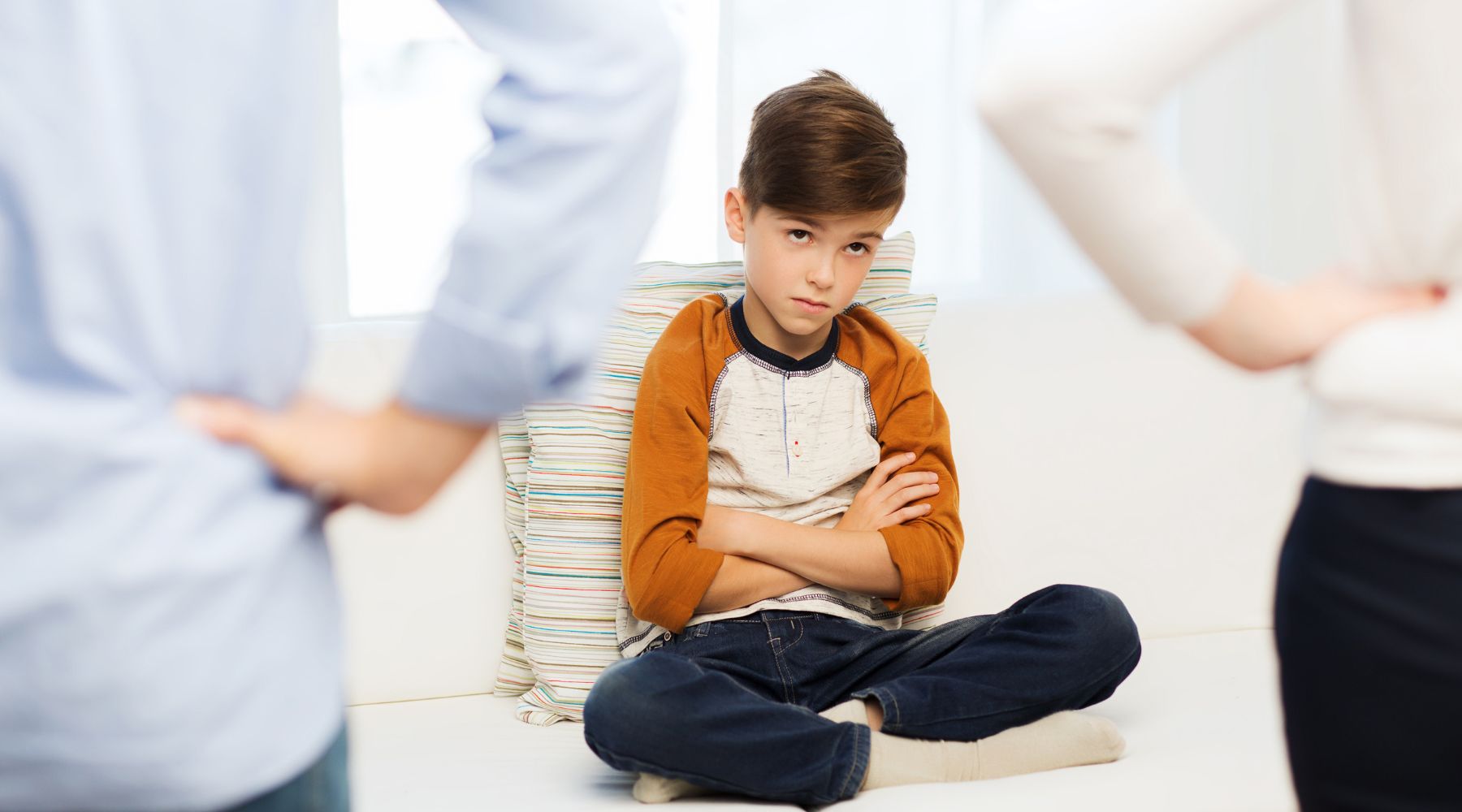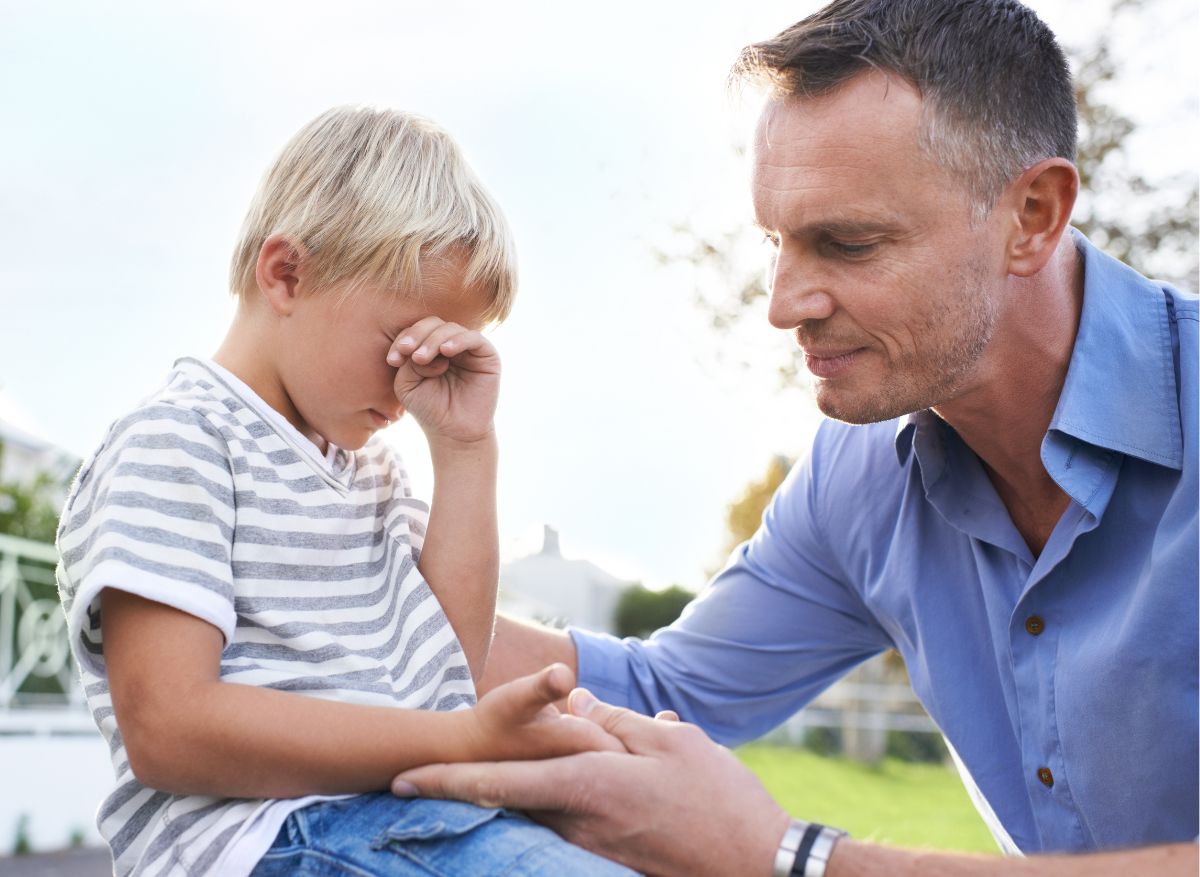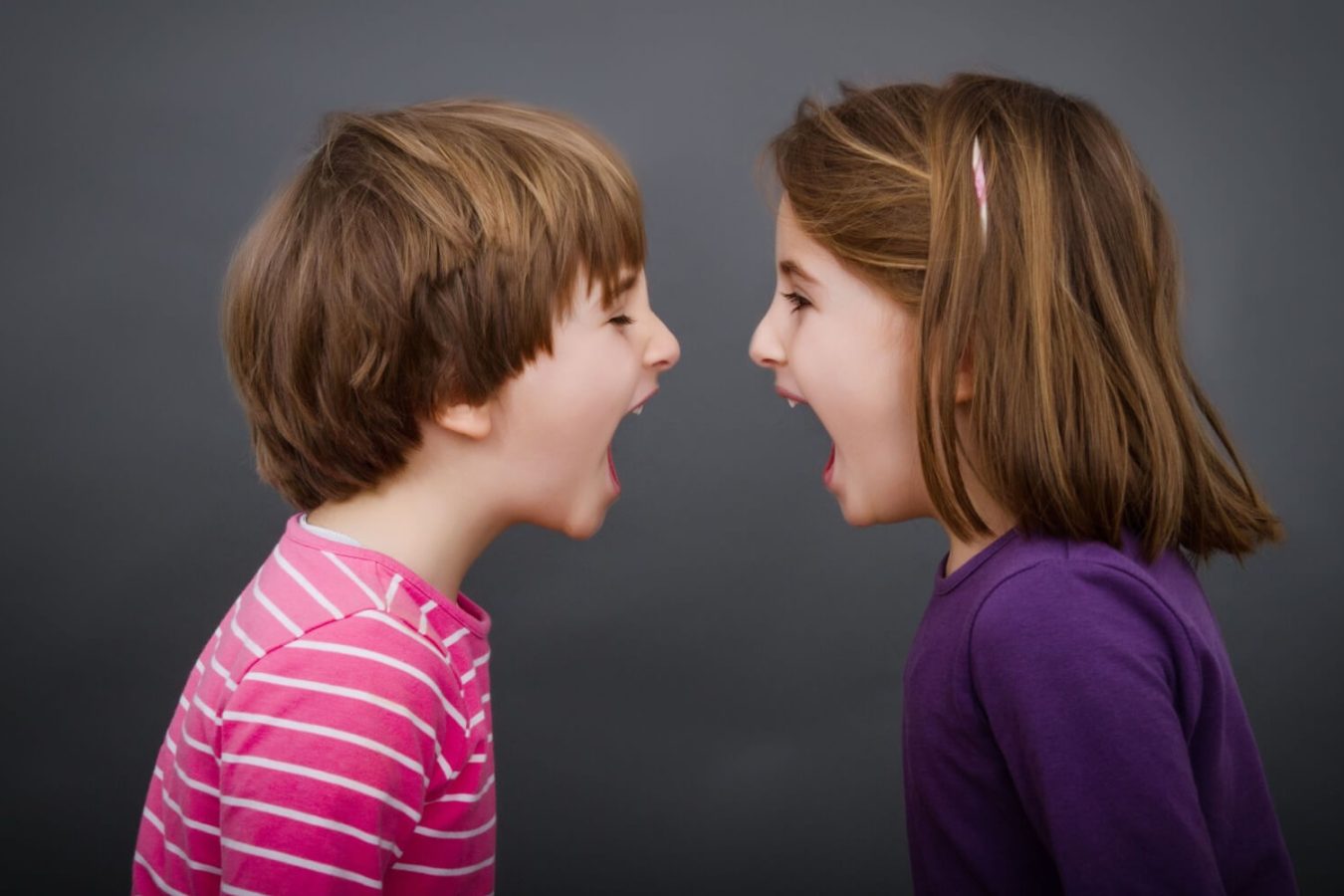
When teaching our children about consequences, the aim is to set clear boundaries based on family values and expectations. Here, Dr Deborah Trengove shares advice on how parents can use positive discipline in their parenting toolkit.
When my three-year-old nephew didn’t get his way and hit his mother in frustration, there were immediate consequences: his father calmly and firmly made it clear that this behaviour was unacceptable, and he had to apologise. Then, he lost the privilege of playing with his Christmas toys for the rest of the day. This was a painful experience for the little boy! His parents knew that this consequence would have an impact and was something they could implement straight away. Also, once it was over, they would all move on.
The ultimate goal of discipline is teaching children and teenagers self-management and responsible decision-making. It is not about control but instead using positive discipline, which is consistent and predictable, with clear boundaries based on family values, rules and expectations.
It is not about control but instead using positive discipline, which is consistent and predictable, with clear boundaries based on family values, rules and expectations.
Effective use of consequences plays a vital role in positive discipline. When children know what will happen, they can make choices. Parents benefit, too, from having a plan of how they will respond to specific behaviour rather than reacting unpredictably or in anger. Sometimes, as in the example above, parents need to follow through with a consequence that had not been made known beforehand, yet the general principle is consistent: privileges will be lost if boundaries are crossed.
Typically, consequences can be thought of in three categories:
Natural consequences: Require no parental intervention. Examples include getting wet if forgetting to take a jacket on a rainy day and getting a poor grade if an assignment is handed in late.
Logical consequences: Involve parental action and are connected (logically) to the behaviour. A logical consequence for sleeping in might be having an earlier bedtime.
Illogical consequences: Tend to be punitive in nature and not directly related to the behaviour. One example is being ‘grounded’ for not doing chores.
For consequences to be effective, they don’t need to be extreme. For younger children, they should be as immediate as possible, given children’s short temporal awareness. Sometimes, a simple ‘time in’ when the child stays next to the parent as they settle down and reflect on their behaviour is sufficient. What is most important is that children know what the expectations for their behaviour are and what will happen if they misbehave. We don’t want kids to be fearful; we want them to have a sense that the consequence is fair and that once it is over, things will be back to normal. In this way, children learn to control their behaviour and that they will be forgiven for mistakes.
Where possible, consequences are most effective if they are related to the situation, but that is not always possible, particularly with teenagers. Many parents of adolescents use access to technology as the consequence of choice. For example, losing a mobile phone for a specified time is often a painful experience for a teenager and is a reminder that it is a privilege, not a right, despite their desperation to stay in contact with peers.

Conversations as consequences
Sometimes, a discussion is needed to work through what happened in a particular situation, asking the young person how they made the decision and what the impact of their choices was. Teenagers often feel this scenario is worse than other consequences, facing their parent’s disappointment and requests for explanations. It is crucial that parents stay calm, and perhaps delay this discussion until the initial reaction has settled. The goal of this difficult conversation is to help the teenager understand the impact of their behaviour and agree on what will happen in the future, including consequences for breaking the deal.
Repairing harm
Taking responsibility and repairing harm by making amends is a powerful consequence that teaches young people about the impacts of their behaviour on others. If a young child breaks the toy of their sibling, an apology and participation in fixing the toy is appropriate. If an older child has hurt a friend’s feelings, coaching them in talking it through and apologising is teaching a life skill. Those who were harmed feel heard, and relationships are repaired.
Many schools use a restorative approach based on acknowledging and repairing harm as their framework for dealing with misbehaviour, seeing it through the lens of its impact on relationships. This approach encourages young people to take responsibility for their actions, understand what effect their actions have on others and make amends where appropriate. Restorative approaches build empathy, social-emotional awareness and enable repairing harm done to relationships. I encourage parents to find out if their school uses this approach and be open to supporting it should the situation arise.
A few other tips
Try to avoid threatening a consequence that you know you won’t follow through with. Examples I have heard include sending a teenager to boarding school or banning their friends for the rest of the year. A teenager may believe these are empty threats and not take them seriously or, conversely, feel angry that the threat is so extreme and react accordingly.
Kids are often pretty good at suggesting fair and reasonable consequences, so try involving them in a conversation, perhaps as part of a family meeting.
It can be powerful to focus on fixing the problem rather than demanding answers and giving punishments. Instead of asking, ‘Why did you lose your jacket?’ ask, ‘What can you do to find your jacket?’
About Deborah Trengove
Dr Deborah Trengove is a former school psychologist and school wellbeing leader, and a regular contributor to The Parents Website.
Deborah’s previous articles for The Parents Website include Listening: The heart of connecting, What parents can do about sibling conflict, Team Family: Why we need the family meeting, 10 tips to help your teen out of the Procrastination Trap, How parents can help kids make good friends, and Lessons from lockdown: The good things we’ve discovered.
Like this post? Please share using the buttons on this page.
Stay up to date with our newsletter here

